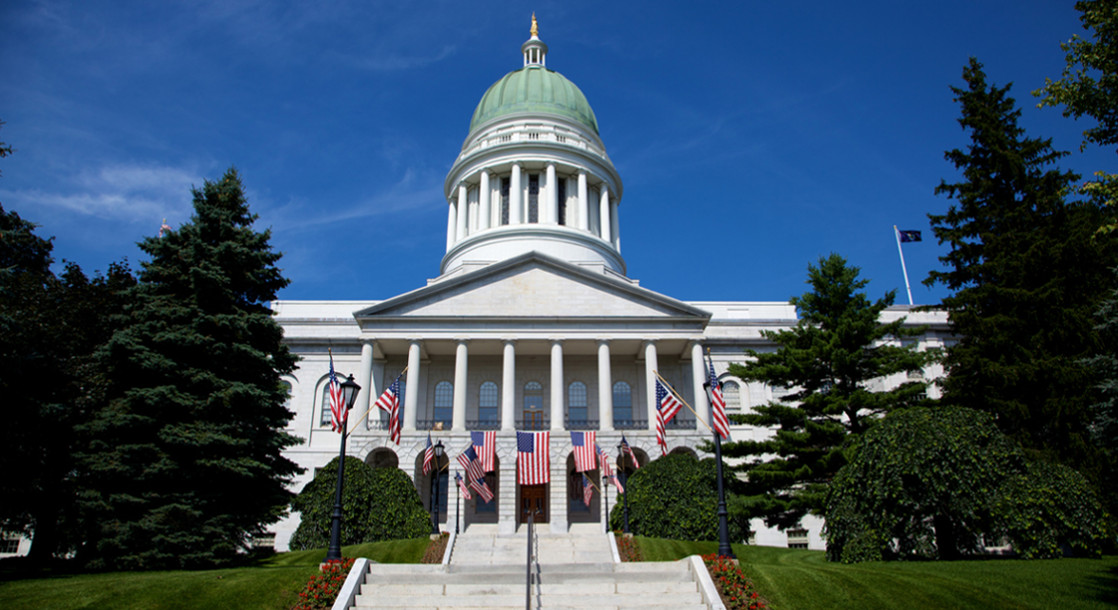Cover image via
Nearly five months after being ordered by the Mexican Supreme Court, the Ministry of Health (COFEPRIS) has yet to grant a single permit allowing cannabis consumption and cultivation for personal use.
The court’s declaration that cannabis prohibition was unconstitutional in June was widely hailed as a “legalization” of the drug’s recreational use, if not a mandate for a commercial industry altogether. But if, so far, no Mexicans have received the official go-ahead implied by that declaration, did the country really legalize weed?
“We’re in this moment in which COFEPRIS and the Secretary of Health have not responded to the declaration,” said Zara Snapp of drug policy research group Instituto RIA this month on the “Legal con Voz de Mujer” [“Legal in a Woman’s Voice”] podcast. “They haven’t given directions, they haven’t changed their processes. We’ve turned in documents on behalf of people who want to cultivate without commercial motives and we’re waiting for them to respond. If they don’t respond within the amount of time they have to respond, the next step is mounting a lawsuit against COFEPRIS.”
Official drag when it comes to cannabis access is nothing new in Mexico. The Supreme Court established cannabis prohibition as a violation of constitutional rights back in 2018 — but cannabis consumers won’t see any official change until legislators pass a new law regarding marijuana regulation.
And… that hasn’t happened. During the last legislative session, policymakers came the closest they have so far, with the Senate and lower house both passing versions of cannabis regulation — but weren’t able to agree on a final version.
In light of their failure, the Supreme Court took the unusual initiative of issuing June’s proclamation of unconstitutionality, which supposedly would sidestep legislators entirely and put the onus on COFEPRIS to start issuing easily-applied-for cannabis permits.
But not only has the health agency not issued information about what rights the new permits will entail (including the number of plants consumers will be able to grow), it is now reportedly refusing to process the complex amparos, or legal complaints against the government, that cannabis users have wielded in the past, and whose resolutions led the 2018 Supreme Court decision.
An article in Mexican newspaper Reforma (you can read a non-paywalled portion of the article here) reports that two federal judges have issued resolutions stating that COFEPRIS has taken too long to issue the permits.
There was much hope that the Supreme Court decision would impel policymakers to fast track cannabis regulation in this fall’s legislative session. Senate Majority Leader Ricardo Monreal has sown hopes that the issue could be taken up this year.
Senate President Olga Sánchez Cordero told the press in November that Mexico was “falling behind” on cannabis reform. Despite the longtime decriminalization champion’s words, legislators from her political party Morena largely take their cues from President Andrés Manuel López Obrador, commonly known as AMLO. Despite his supposedly leftist political orientation, AMLO has often spoken out against expanding cannabis rights while in office.
Follow Caitlin on Instagram











